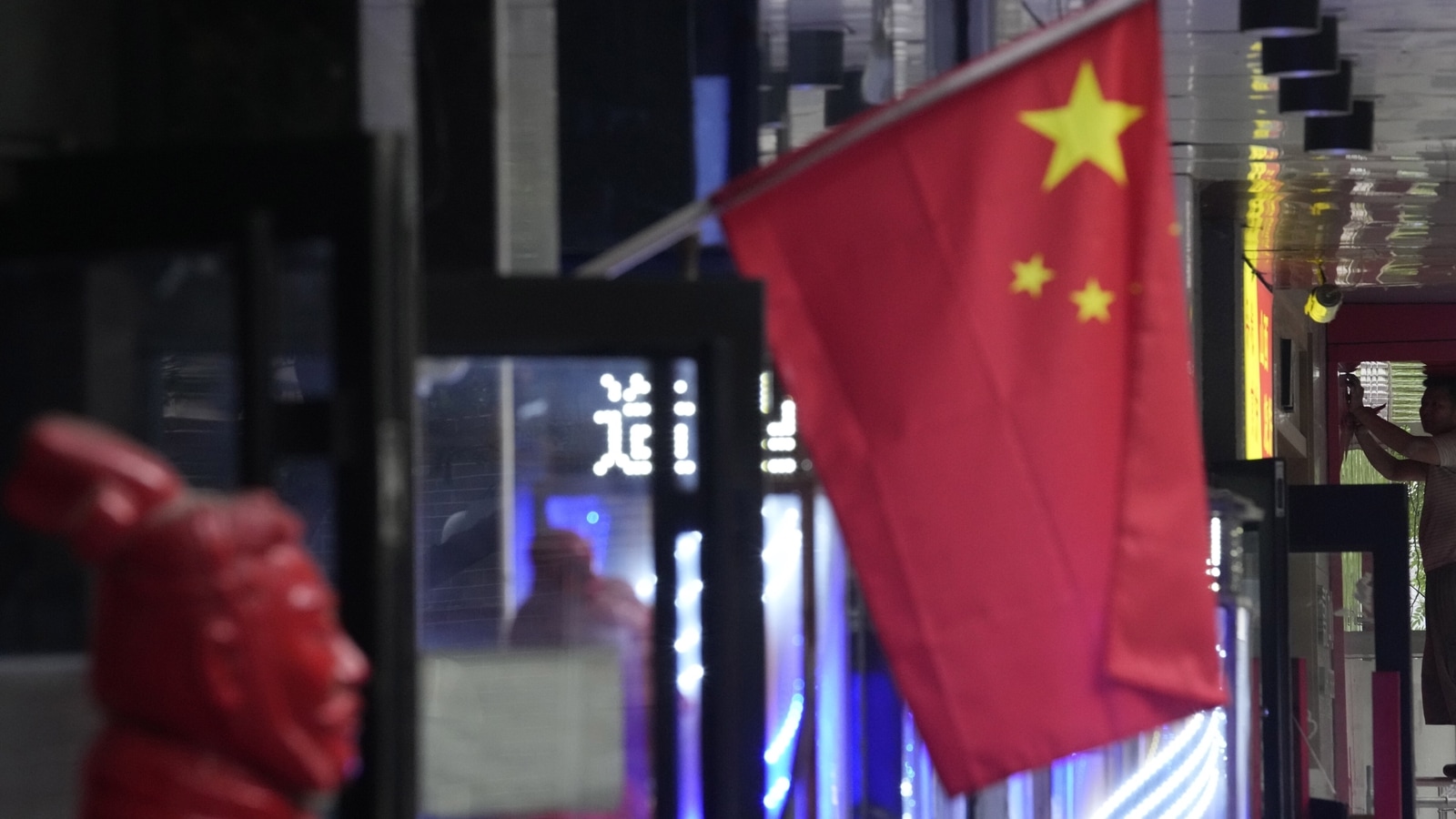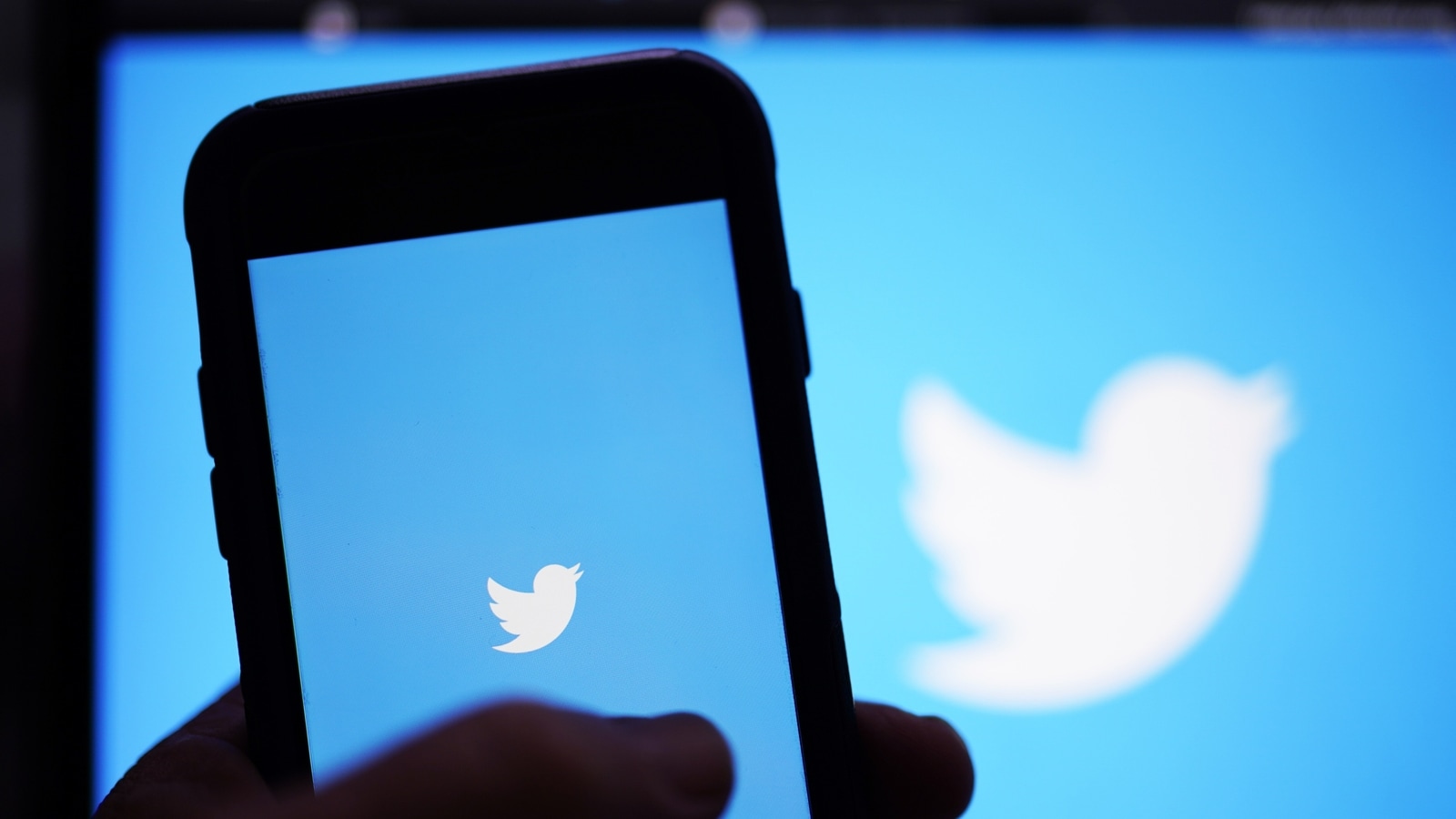[ad_1]
China’s surveillance condition has encountered unusual resistance from its have subjects as there is rising public unease above its security apparatus.
China’s surveillance condition has encountered unusual resistance from its own subjects as there is expanding community unease over its safety apparatus. Amy Qin, John Liu and Amy Chang Chien, crafting in The New York Moments (NYT) reported that Chinese artists have staged performances to spotlight the ubiquity of surveillance cameras.
Privateness activists have submitted lawsuits in opposition to the selection of facial recognition facts. Everyday citizens and establishment intellectuals alike have pushed back in opposition to the abuse of Covid monitoring applications by the authorities to control protests. Net consumers have shared tips on how to evade electronic monitoring.
The unease is about the absence of safeguards to avert the theft or misuse of particular knowledge.
Lately, the ruling Communist Occasion, very last 7 days, moved systematically to squelch news about what was almost certainly the most significant known breach of a Chinese government pc system, involving the own data of as lots of as 1 billion citizens.
The breach dealt a blow to Beijing, exposing the challenges of its expansive attempts to vacuum up tremendous quantities of electronic and organic information on the every day routines and social connections of its people today from social media posts, biometric facts, telephone records and surveillance video clips, said Amy Qin, John Liu and Amy Chang.
However, the Chinese governing administration defended itself and reported that these endeavours are required for community security: to limit the spread of Covid, for instance, or to catch criminals.
But its failure to protect the facts exposes citizens to complications like fraud and extortion, and threatens to erode people’s willingness to comply with surveillance, reported NYT.
“You under no circumstances know who is heading to promote or leak your information,” claimed Jewel Liao, a Shanghai resident whose facts were being among the all those produced in the leak.
China, which has been racing to create a single of the world’s hardest information privacy regimes, commonly excoriates organizations for mishandling details. But the authorities almost never stage fingers at the country’s other top collector of particular information and facts: the federal government alone.
Safety scientists say the leaked database, evidently made use of by the law enforcement in Shanghai, had been still left online and unsecured for months. It was uncovered right after an nameless person posted in an on line forum supplying to offer the broad trove of info for 10 Bitcoin, or about USD 200,000.
The New York Periods verified sections of a sample of the database introduced by the anonymous user, who posted below the title ChinaDan.
In addition to essential details like names, addresses and ID quantities, the sample highlighted aspects that appeared to be drawn from external databases, like recommendations for couriers on where by to drop off deliveries, increasing inquiries about how much data personal firms share with the authorities.
Of unique concern for quite a few, it also contained intensely particular information, such as police stories that included the names of individuals accused of rape and domestic violence, as properly as non-public facts about political dissidents, said Amy Qin, John Liu and Amy Chang.
There are signals that persons are expanding wary of the governing administration and community establishments, way too, as they see how their very own data is getting utilized versus them. Previous month, a nationwide outcry erupted around the clear abuse of COVID-19 tracking technology by neighborhood authorities.
Protesters fighting to recover their savings from four rural banking companies in the central Chinese town of Zhengzhou found that the mobile apps utilized to establish and isolate folks who might be spreading Covid experienced turned from green — which means safe — to crimson, a designation that would prevent them from moving freely.
“There is no privacy in China,” stated Silvia Si, 30, a protester whose wellness code had turned purple.



